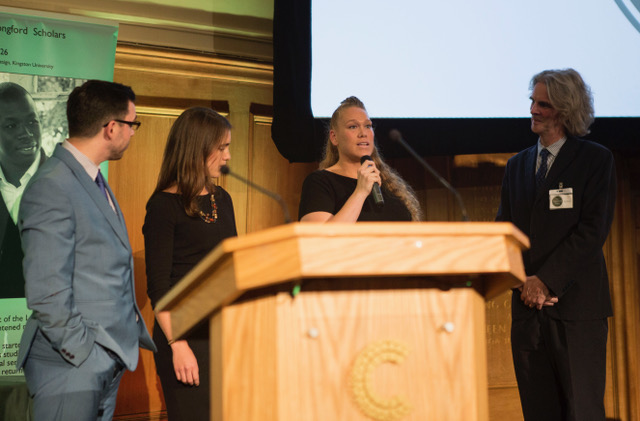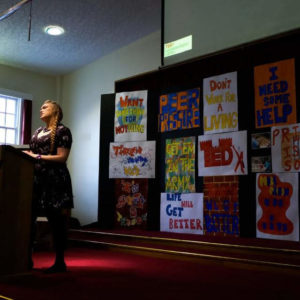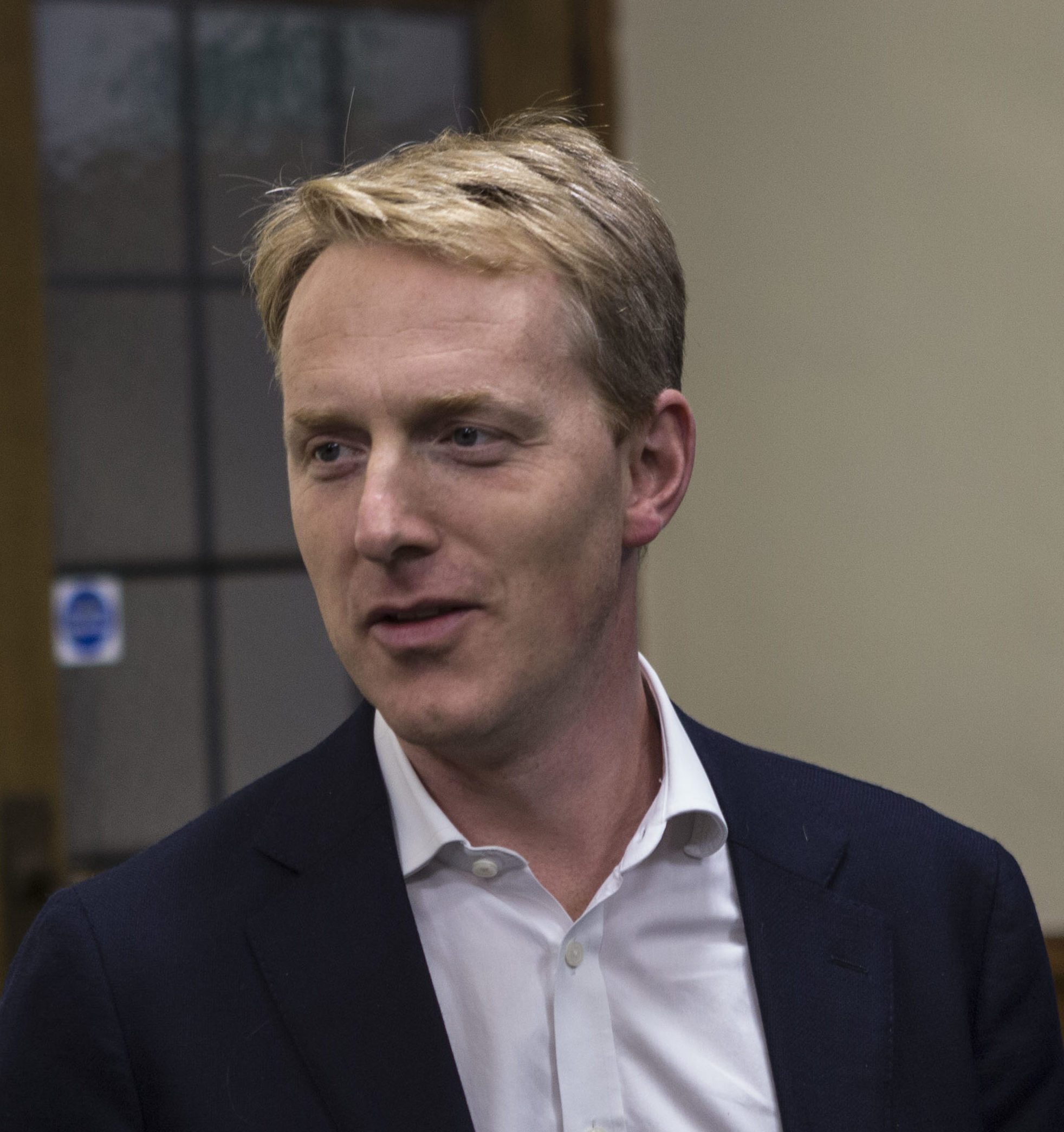
Turning a sentence into a degree: one scholar’s remarkable story
Turning a prison sentence into a university degree is what Longford scholars do. Second chances and a personal approach are at the heart of what we at Longford Trust do. A scholar is supported both financially and with a one-to-one trained mentor to help achieve their potential.
More than 80% of scholars successfully graduate and get a degree-level job. Increasingly, scholars take advantage of Longford employability training and support.
Applications for 2022 scholarships are open for 2022/23 academic year (see below for more).
One scholar who joined last year has written for Longford Blog about her journey to university….
There’s plenty written about what people lose when they go to prison. We lose our homes, our jobs, our families, every bit of normality that we may have ever had. Coming to prison at the age of 19 changed everything for me. Alongside the crushing realisation that I’d lost everything, I distinctly remember thinking about something else on my first night in a prison cell – what could I possibly do with my life in a new world void of opportunity?
Fast forward to the age of 20, I was working on the induction unit. A group of fresh-faced criminology students from a local university entered the wing as part of a prison tour.
I remember that feeling – the feeling that they were just like me but were totally different. All the doors that were closed to me were wide open for them.
They asked me questions about my time in prison, eager to know what life was like in our hidden world. When they left, I couldn’t shake the realisation that I would never have that kind of opportunity again. That feeling stayed in my head for months, serving as a constant reminder that my life had finished before it had started.
A year later, I was working as a Peer Advisor in the same prison. I was asked to conduct a talk for a group of first-year criminology students in the visits hall. I was immediately reluctant as I was sick and tired of being wheeled out as a reliable performer, ready to speak highly of the prison to any visitor in a suit at the drop of a hat. Persuaded by the promise of a sausage roll and a biscuit, I gave in and delivered the talk.
For once, I was honest about prison.
Honest about the inequality and deprivation that has filled our prison system to the rafters. I was honest about the reality that prison is a profitable method for throwing away everyone that society doesn’t want to see. For every ‘proper criminal’, there are another 50 women with the type of trauma histories that could keep you awake at night for the rest of your days. New to the world of criminal justice, the group of students were blown away by my stories and the simple fact that our prison system does not work.
The head lecturer of the group approached me just as the students were leaving. He asked about my release date, insisting that I should be at university. I still had three years to serve, so he suggested that I should start university as soon as I was eligible for open conditions. There was a continuous trail of communications between myself, the university, my family and the prison. There were so many challenges from every direction, and so much red tape that I never believed it would come to fruition.
I was given my ‘open status’ (where I could leave the prison on day release for study or work) in September 2020, just one week before the start of the course.
Walking into the lecture theatre for the first time….
felt just as unfamiliar and frightening as walking onto the wing for the first time. As terrifying as it was, I somehow felt like I was at home. I started to relax as soon as I realised that I wasn’t really that different from everyone else in the room.
I would learn that my experience would end up being an asset instead of holding me back.
I came across The Longford Trust whilst trying to find financial support during my first year of university. Though I was too late to apply for that year, I became a Longford scholar in my second year at university. It was incredible to know that there were other people on the same exciting journey as me. The Longford Trust partnered me with the perfect mentor. We now meet every two weeks and discuss all things criminal justice.
There have been plenty of challenges.
I often say that studying at university whilst in prison is akin to climbing Mount Everest whilst walking backwards and wearing flip flops.
Though this is the case, I’d recommend my journey to every single person in my situation. The opportunities that have been available to me since the start of my university experience are beyond what I ever thought possible. Alongside my studies and research, I work as a part-time lecturer. I am fortunate enough to be able to offer a rare insight into our world and educate prison staff about the important things that you’d never find in a textbook. To even consider what my life was like four years ago is truly unimaginable now.
I’ll end this blog with a short message of advice to every single person in prison. There are people waiting to hear your story. There are opportunities out there that are beyond the reach of the prison education department. There are people out there that are waiting to support you at every stage of your journey.
Believe in what you want to do, whatever that is, and stay tremendously interested in it.
It is only by running head-first at your passion that you’ll make your future what you want.
———————————————————————————-
Have you got plans to study a uni degree? Are you close to release or recently released? preferably in your 20s/30s, check out our 2022 application here: https://www.longfordtrust.org/scholarships/the-longford-scholarships/
The closing date is 5th June 2022.

 The number one mantra for me has been to embrace challenge positively. I’ve known all along my journey, from 9 months’ solitary confinement in a Japanese prison, to having my daughter taken away from me at birth, to speaking in front of hundreds at a Longford Lecture or even delivering the first TEDx talk in a prison in the UK, that this would be hard, well more than hard, potentially soul-destroying if I allowed it to be. Very early on I had to come to terms with my actions that had led me to where I was and the hurt that I had caused others. I made a decision that this wasn’t the end, that no matter what, I could turn it around and, though now through a more colourful path, still fulfil my life’s ambitions to help others. Notice I said embrace challenge positively? Well positivity and gratitude are the two other mindsets that have smoothed the rocky landscapes that I have traversed. Without these I would have probably been bailing out of every challenge that came my way, but it was the positive thinking and the gratitude that kept me both buoyant and grounded, at the same time.
The number one mantra for me has been to embrace challenge positively. I’ve known all along my journey, from 9 months’ solitary confinement in a Japanese prison, to having my daughter taken away from me at birth, to speaking in front of hundreds at a Longford Lecture or even delivering the first TEDx talk in a prison in the UK, that this would be hard, well more than hard, potentially soul-destroying if I allowed it to be. Very early on I had to come to terms with my actions that had led me to where I was and the hurt that I had caused others. I made a decision that this wasn’t the end, that no matter what, I could turn it around and, though now through a more colourful path, still fulfil my life’s ambitions to help others. Notice I said embrace challenge positively? Well positivity and gratitude are the two other mindsets that have smoothed the rocky landscapes that I have traversed. Without these I would have probably been bailing out of every challenge that came my way, but it was the positive thinking and the gratitude that kept me both buoyant and grounded, at the same time.




